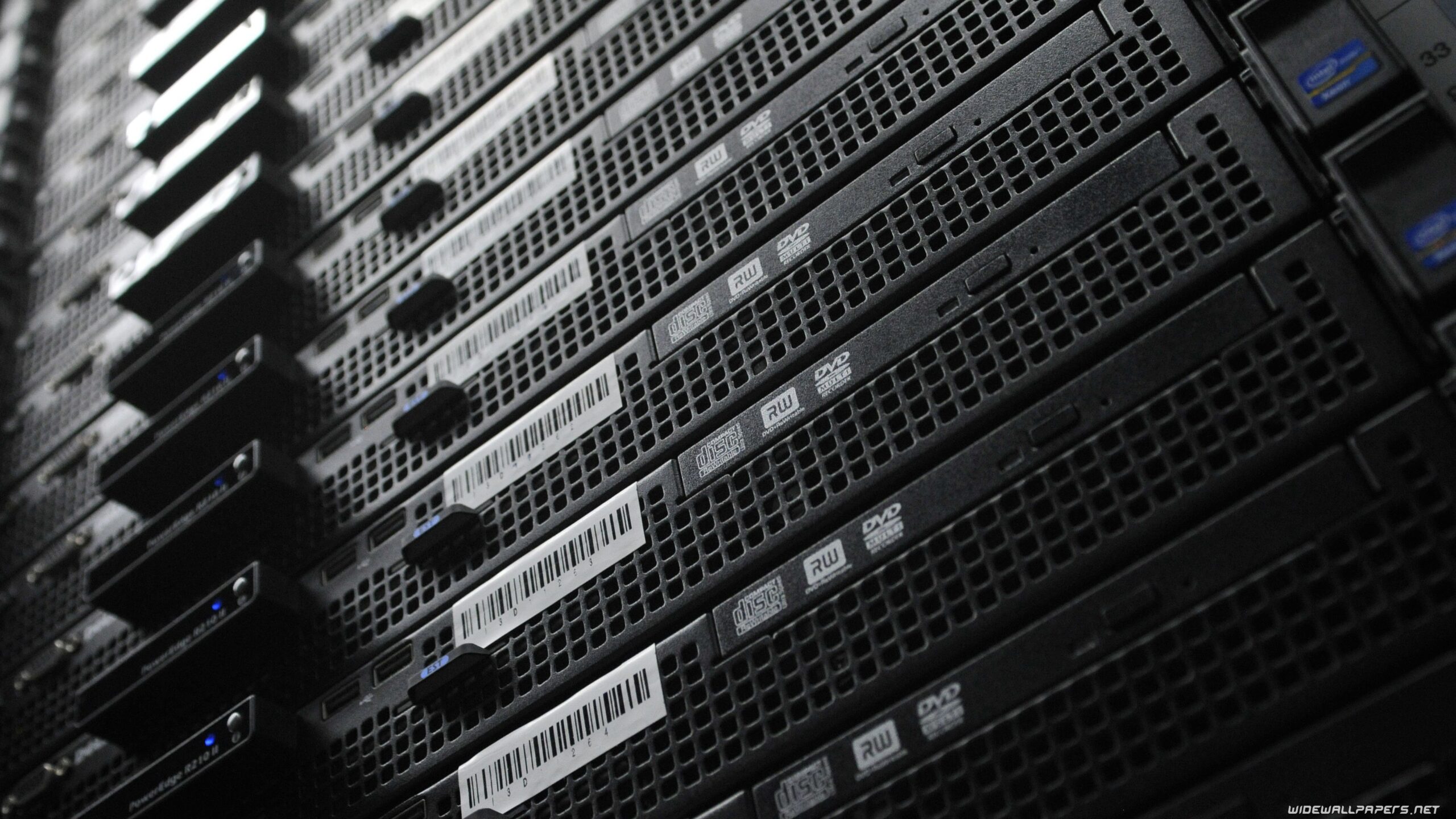The Payment Card Industry Regulation (PCI) specifies the requirements for businesses that process, store, or transmit credit card information.
Under the PCI compliance scheme, any business that stores, processes, or transmits credit card information – such as a web host – must adopt and maintain a comprehensive set of standards known as Payment Card Industry Data Security Standards (PCI DSS).
The PCI DSS standards are designed to protect consumers’ personal information from potential fraud and to prevent unauthorized parties from accessing this sensitive data. Several PCI DSS compliance frameworks are available to help businesses meet these standards. One of the more popular options is the tokenization of credit cards – effectively turning them into long-lived PINs – which can be stored in much simpler and more secure manner.

Why Are Web Hosts Considered PCI Compliant?
A host is a software program or platform that stores data and provides it to other software programs or platforms as needed. In the context of the PCI compliance framework, a web host provides the digital “back-end” for websites. When a consumer enters financial information (e.g., a credit card number) on a website, the website’s hosting provider receives this data and processes it. A web host is a trusted third party that holds sensitive customer information and cannot be held accountable for its actions.
As a result of this trust, the Security Compliance Shop (SSC) of PCI Security Standards Council (PCI SSC) has determined that web hosts are among the easiest and most effective businesses to regulate under the PCI compliance scheme. In fact, PCI SSC has published numerous publications on the topic of hosting provider security – including best practices for ensuring safe and secure hosting – that its members can use to easily comply with PCI DSS requirements.
What Are The Main PCI DSS Requirements For Web Hosts?
PCI DSS requirements for a web host are fairly straightforward. The primary focus of the standards is to safeguard consumer data and to prevent unauthorized parties from accessing this data. To accomplish this, PCI DSS mandates that a web host must be:
- Secured – all computer systems and software used by the organization must be protected from unauthorized access, modification, or destruction.
- Trusted – the organization must not accept any duties or responsibilities that might compromise the security of the data.
- Matched – any services or technology offered by the organization must be able to protect consumer data.
- Proactive – the organization must take measures to prevent possible security breaches before any harm can occur.
- Compliant – the organization must be able to prove that it is in compliance with PCI DSS, and must conduct internal audits to demonstrate this.
How Does PCI DSS Ensure Safer And More Secure Hosting?
PCI DSS standards address many aspects of a website’s security – from the location where visitors enter their card number to storing this information to effective password management and encryption technologies – and web hosts must implement effective security measures to protect consumers’ data and prevent the unauthorized use or exposure of this information. These standards also help businesses comply with other industry-wide compliance frameworks, such as the Health Insurance Portability and Accountability Act (HIPAA) and The Sarbanes-Oxley Act (SOX).
For example, under PCI DSS 3.1, online merchants and payment processors must ensure that their sites are secure by establishing and regularly reviewing a security policy, installing and configuring security software, monitoring traffic, and responding to security incidents. Furthermore, PCI DSS outlines how to deal with security breaches in a responsible manner, so that consumer confidence is not affected.
What Other Options Does PCI DSS Leave Web Hosts?
Aside from ensuring that their servers are PCI compliant, web hosts must also ensure that they are offering their customers the secure and private experience that they expect while browsing the web. This means that they must implement effective data collection policy, regularly update software, keep backups of data, and ensure that their servers and computer systems are virus and spyware free.
Additionally, if a consumer feels that their security is at risk while using a website, the website’s owner must be able to prove that they are taking the necessary measures to ensure the safety of the consumer. This may include offering a secure connection through an encrypted tunnel or setting up a dedicated internal security team to examine and investigate suspicious activity before, during, and after the login process.
PCI DSS also allows for specific circumstances in which consumers’ data can be collected, used, or shared, and outlines the responsibilities of businesses and individuals in these situations. For example, if an online merchant obtains a consumer’s credit card number through a promotional offer and stores this number without the consumer’s knowledge or permission, the merchant must protect this information and ensure that it is not misused. When the consumer discovers that their credit card number was stolen, the merchant must notify the card brand and card issuer (if the card is issued in a foreign currency) and cease all activity involving the number. Finally, if a security breach occurs and any personally identifiable information (e.g., name, address, email) is compromised, the merchant must notify the appropriate government agencies and implement appropriate data disposal measures.
Several PCI DSS compliance frameworks, such as Secure Plus, offer specific requirements for network devices and services, including firewalls, VPNs, and email servers. These standards specify, for example, how to secure a company’s intranet, how to protect the login process for financial applications, and whether to permit remote access to networks or devices. In general, businesses must ensure that all systems and connections used to process, store, or transmit data are protected and cannot be accessed – either accidentally or intentionally – by unauthorized individuals or entities.
A web host’s first line of defense against cyberattacks and data breaches is software – such as antivirus software, firewalls, and intrusion prevention systems (IPSes) – that monitors network traffic and alerts the administrator or owner of the host when suspicious activity is detected. An IPS can also be configured to block suspected malware from accessing the network at all.
What Is The Difference Between The PCI DSS Compliance Frameworks?
PCI DSS standards are designed to be self-enforcing, and several vendors offer specific products to assist businesses in meeting these requirements. The Security Compliance Shop (SSC) of the PCI Security Standards Council (PCI SSC) provides an independent view into the PCI DSS requirements, and it will evaluate your organization’s readiness to comply. During this pre-compliance assessment, the SSC will walk you through each of the standards and requirements, as well as give you an idea of what you should be doing now and in the near future to ensure that you are PCI DSS compliant.
Can A Web Host Be On The Paying End Of A Cyberattack?
A significant security risk that affects all businesses that store or process any information – including web hosts – is cyberattack. Hackers and cybercriminals constantly evolve tactics to trick employees and owners of a business into disclosing sensitive information that can then be used for criminal purposes. One of the best methods for safeguarding sensitive consumer information is to use strong passwords and to change them frequently – making it more difficult for hackers to gain access to valuable accounts and data. Furthermore, organizations can use two-factor authentication whenever possible to further protect their networks from potential intruders.
In January 2019, the FBI launched a widespread public awareness campaign to encourage individuals and businesses to take better security measures. They stress that, while the number of incidents is on the decline, cyberattacks continue to be a significant source of damage and insecurity.
These threats are constantly evolving, and the only way to stay secure is to keep up with the latest trends and technologies. PCI DSS ensures that consumers can feel confident that their information is safe while shopping online – if a business implements and follows all of its guidelines and recommendations the risk of a data breach will be greatly reduced.
